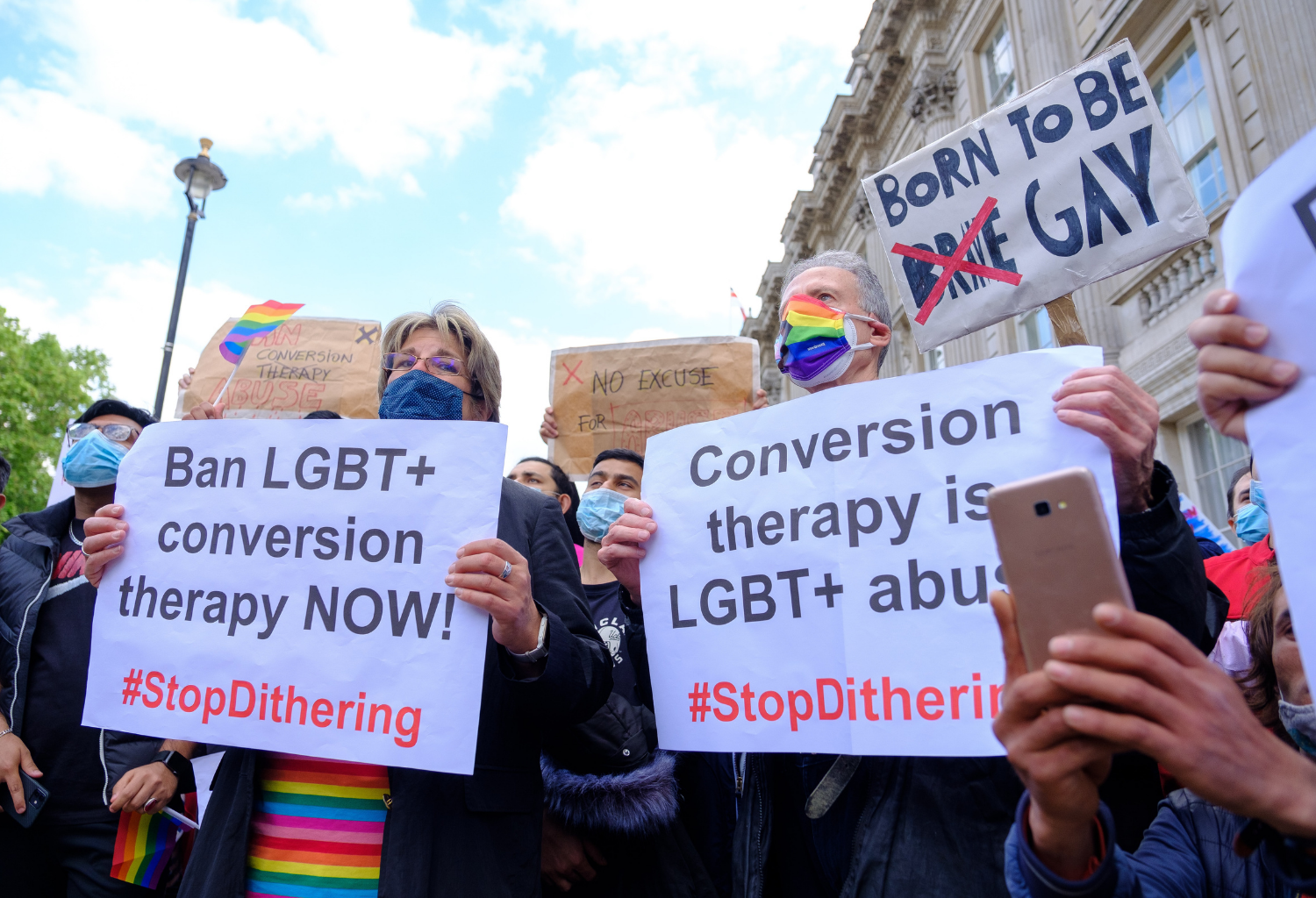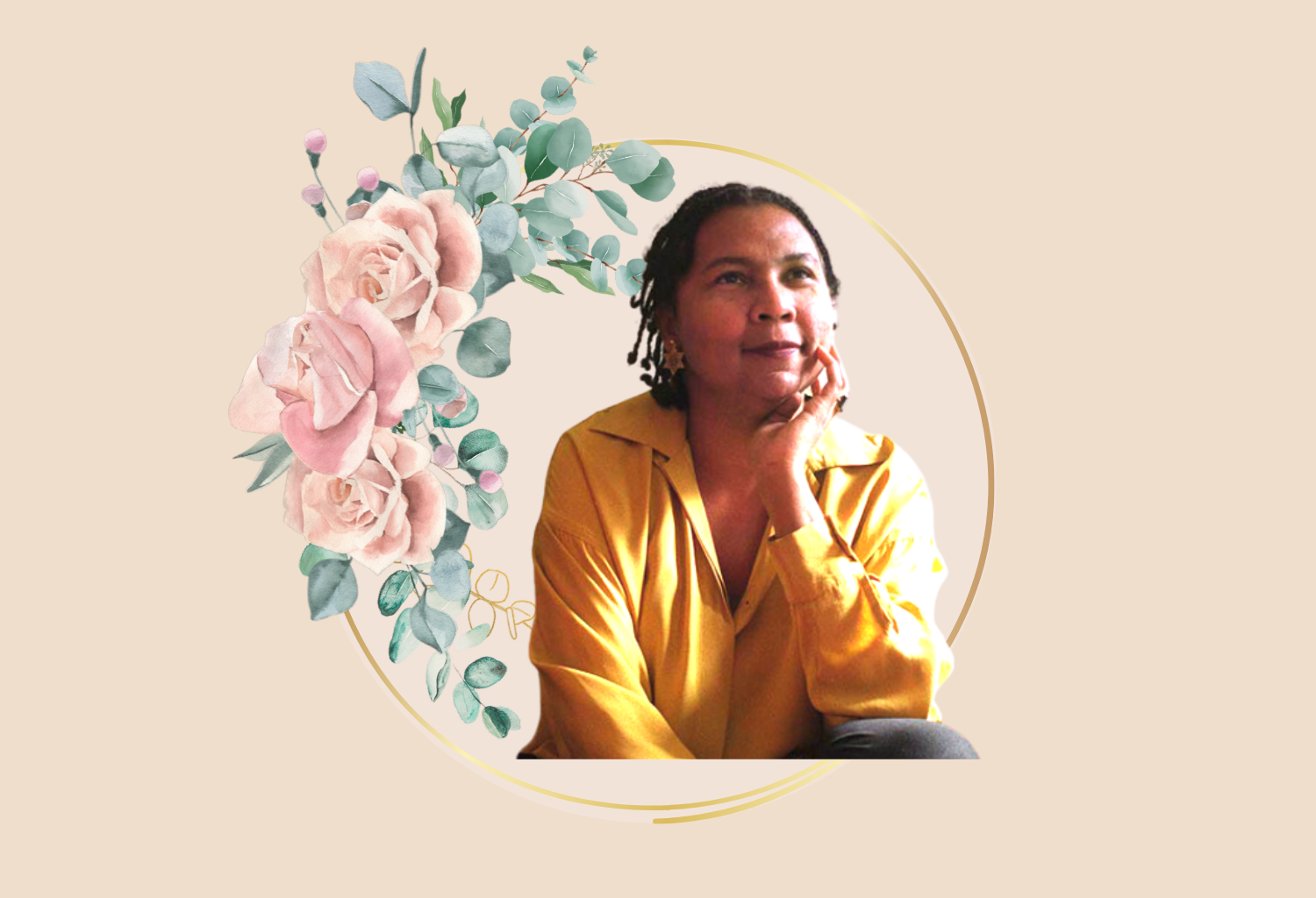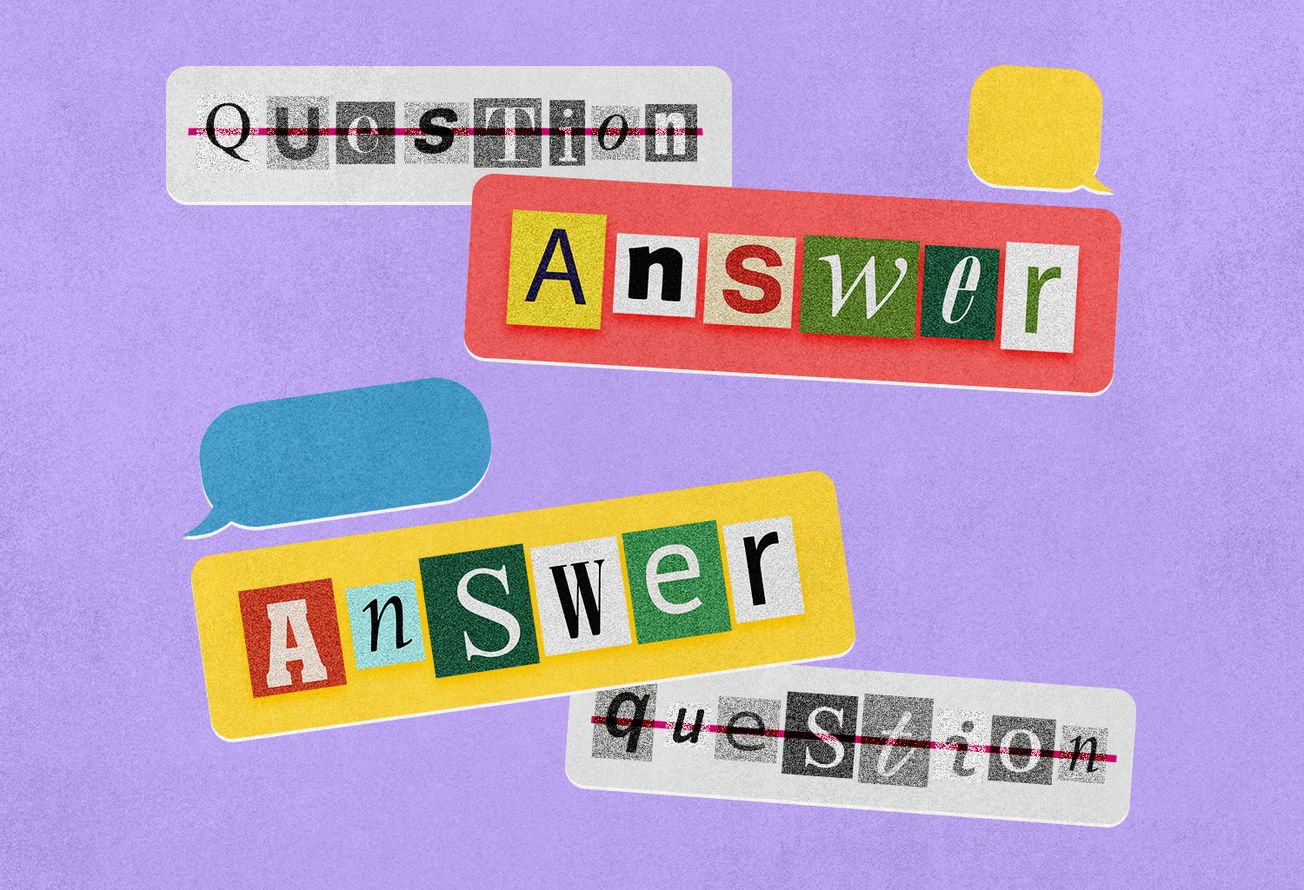Written by Tanvi*
I don’t know how it started but before I was ten years old, I had become my mother’s therapist. She called me her “best friend” and said she could share anything with me. She said I gave her great support. I was a child and I needed parents who I could share my ups and downs with. My father was emotionally absent. And with my mother, it was a one-way exchange: she would tell me about her troubles and I would have to listen to her.
I was only a pre-teen and she kept dumping big, adult problems on me: my father’s alcoholism, her conflicts with her in-laws (my grandparents), her worry for my sibling, her suspicions of my father’s infidelity, her unhappiness in the city we lived in after nearly two decades of marriage, and so on.
I didn’t give her great support. How could I? I was a kid. Granted, I read a lot, so I knew a bit more about things than other children my age. And I was a quiet child who listened patiently. Most importantly, I knew how to keep my mouth shut. Growing up in a complicated family of unhappy adults with countless interpersonal conflicts had taught me the importance of discretion.
So whenever my mother was upset or angry with anyone in my family, she vented to me. And I listened.
But I shouldn’t have had to.
Years later, I learned that my mother had been “parentifying” me throughout my childhood. The term “parentification” was first explained by Ivan Boszormenyi-Nagy, an innovator of family therapy, in his well-known book Invisible Loyalties (1973). He defined it as “the subjective distortion of a relationship as if one’s partner or even children were his parents” and he noted that such distortion can be done “in a wishful fantasy or more dramatically through dependent behavior”.
My mother had been doing both, I suspect: she wanted to believe that I was wise beyond my years and could fill the void left by her volatile and emotionally distant husband. And as she grew increasingly dependent on me over time, it became impossible to sever this toxic dynamic.
Over painful therapy sessions as an adult, I realized that my mother had engaged in destructive emotional parentification for most of my life by using me as an emotional support system in a manner that far exceeded my capabilities. She treated me as a friend, spouse, and even parent who could listen to her problems and offer her comfort and validation. Crucially, I wasn’t a judgemental listener. She felt safe talking to me. In this emotional role reversal, I had to keep sacrificing my own childhood needs for attention, comfort, and guidance so that I could accommodate and care for my mother’s emotional needs. This is nothing short of emotional abuse.
You may be wondering how this could happen in a loving relationship. How could a mother be so blind to the burden she was putting on her child? How could she centre herself so much in a relationship where she was supposed to be the giver?
After a few sessions with my therapist and lots of reading on difficult families, we came to the conclusion that my mother did this because she is a narcissistic parent. She has a heightened sense of self-importance which seeped into her relationship with me and turned it into an unhealthy and codependent dynamic.
The Diagnostic and Statistical Manual of Mental Disorders, a handbook used by healthcare professionals the world over to diagnose mental disorders, lists the essential features of narcissistic personality disorder as follows: “a pervasive pattern of grandiosity, need for admiration, and lack of empathy”. It describes narcissists as having a “sense of entitlement” as well as “a lack of sensitivity to the wants and needs of others”. It explains that this is why “they expect to be given whatever they want or feel they need, no matter what it might mean to others” and they “often usurp special privileges and extra resources that they believe they deserve because they are so special.”
Looking back, I can see that even as a child I was uncomfortable in those “counselling” sessions for my mother. It’s true that they made me feel special. I believed my mother had chosen me as her confidante because I was somehow better than other children–especially my sibling. I felt very grown-up. It was thrilling to know secrets about other family members that I wasn’t supposed to know.
But this special feeling never lasted long and quickly turned into a burden. I spent days worrying about the problems my mother told me about, problems I had no way of fixing. I became anxious and would overthink everything. I would obsess over family conflicts because I knew how bad things really were at home. I started putting my own needs second and kept her in the dark when I was bullied in school, when the boy I liked broke my heart, when my friends and I fought. How could I have shared my joys and sorrows with her? She only wanted me to listen to hers.
In the long run, playing therapist to my mother damaged my mental and emotional well-being. It also complicated my relationships with my family members, many of whom had no idea I had been privy to their issues with my mother over so many years. I tried being objective and neutral towards them, but I wonder how neutral it’s possible for a child to be when one parent is crying to her about the other parent for days on end and the other parent acts like nothing is wrong.
I am still learning to untangle myself from my mother’s perspective and narrative of my family members so that I can establish my own relationships with them. It isn’t easy.
It was in college that I finally felt like I had a perspective on some of the issues my mother battled with- isolation, my father’s infidelity and addiction, loneliness, etc. I realized that most of her problems were rooted in patriarchy. My father’s behavioral problems- his anger, manipulation, and infidelity were all condoned socially because he is a man. Alcoholism runs in my father’s family, with the intergenerational pattern of men drinking and misbehaving and their wives grinning and bearing it. The traditional Indian joint family setup, with its expectations and control of the daughter-in-law, also added to my mother’s troubles.
But sadly, she was unable to reach out to anyone, not even to her own parents, for help or support. I’m guessing she was afraid of being judged or even blamed for her spouse’s infidelity, addiction, and anger problems. Therapy was stigmatized back in the day. She didn’t have her own supportive friends to talk to about these things– her only friends were the spouses of my father’s close friends. She probably also felt ashamed of the problems in our family.
As a young woman, I inherited my mother’s silence and shame. For many years, I never spoke to anyone about the problems in my family that had left deep scars on me as a child. Even when my mother’s narcissism damaged my relationship with her as an adult, I kept quiet.
But I’m learning to create better habits. Recently, I was able to confide to a college boyfriend about my father’s alcoholism and infidelity. When my friends praise me for being a great listener, I mention that I had to hone my listening skills as a child for my oversharing, overwhelmed mother. With the help of my own therapist, I’ve worked on building rapports with supportive family members who I speak freely to, adult-to-adult. And I’m writing about my experience here to break the silence. If you have been or are being parentified by your parents in a way that is harming you, I hope my story will help you recognize and stop the abuse.
Image Courtesy: Anton Luzhkovsky
*We are not adding the author’s bio for her safety and comfort as she is writing about emotional abuse that involves a family member who she is still in contact with.










